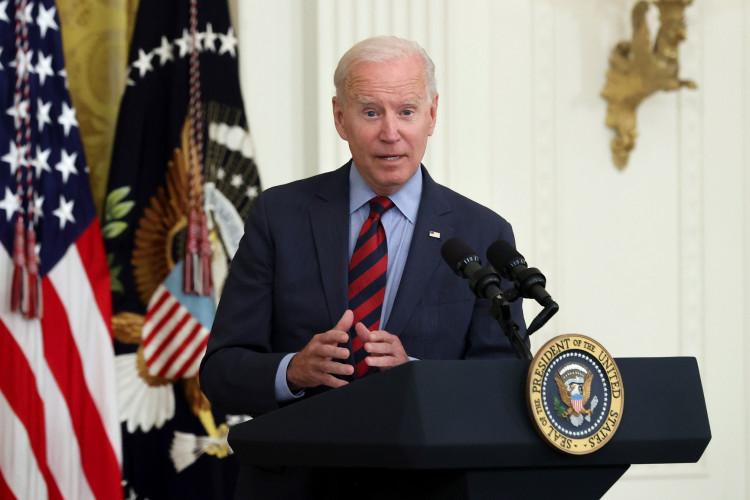As tensions between Israel and Hamas continue to escalate, U.S. officials now believe that the prospects of achieving a cease-fire agreement before President Joe Biden leaves office are increasingly slim. According to a report by the Wall Street Journal, top-level officials in the White House, State Department, and Pentagon have grown pessimistic about the likelihood of a cease-fire being reached within the next few months. This comes despite earlier claims from U.S. Secretary of State Antony Blinken that 90% of a deal had already been agreed upon.
The United States, along with mediators from Qatar and Egypt, has been working for months to broker a cease-fire that would halt the violence between Israel and Hamas. However, key sticking points remain, particularly Israel's demand to maintain a military presence in the Philadelphi Corridor, the buffer zone between Gaza and Egypt, and the specifics of a potential exchange of Israeli hostages for Palestinian prisoners.
Pentagon spokesperson Sabrina Singh attempted to strike a more hopeful tone, stating, "We do not believe that the deal is falling apart." However, sources indicate that significant hurdles remain. National Security Council spokesperson John Kirby echoed this sentiment, saying, "Nobody's giving up hope. Nobody's going to stop working toward this."
The Biden administration sees a cease-fire as the most viable path to de-escalating the ongoing conflict, which has raised concerns of a broader regional war involving Hezbollah and other Iranian-backed groups. Israel's recent airstrikes on Lebanon and Hezbollah's retaliatory rocket fire have only added to the complexities surrounding the cease-fire negotiations. "The conflict could easily spiral into an all-out war with Hezbollah, which makes the cease-fire even more urgent," said one U.S. official.
Despite the efforts, U.S. officials reportedly acknowledge that both Israel and Hamas are reluctant to agree to the current cease-fire framework. The two major obstacles include the ratio of Palestinian prisoners to be released in exchange for Israeli hostages and the aftermath of a two-day explosive attack in Lebanon, which targeted Hezbollah's communication devices and further inflamed tensions. The blasts, believed to have been orchestrated by Israel, have cast a shadow over diplomatic efforts.
Hamas, known for shifting its demands, has frustrated negotiators by refusing to accept conditions after initial agreements were reached, further complicating talks. Some officials have suggested that Hamas may not be serious about reaching a final agreement. Meanwhile, Israeli Prime Minister Benjamin Netanyahu has faced criticism from within his own government for potentially stalling negotiations to appease the more extreme elements of his coalition.
The pessimism extends beyond Washington. An unnamed official from an Arab country told the Wall Street Journal, "There's no chance now of it happening... Everyone is in a wait-and-see mode until after the election. The outcome will determine what can happen in the next administration."
The Biden administration remains committed to finding a solution, but as Kirby noted, "We aren't any closer to [reaching a deal] now than we were even a week ago." The situation remains fluid, with some officials cautiously optimistic that a breakthrough could still occur before the next U.S. presidential inauguration. But as the conflict rages on, the window for diplomacy appears to be closing, leaving many to wonder whether a cease-fire will be achieved in Biden's term.






